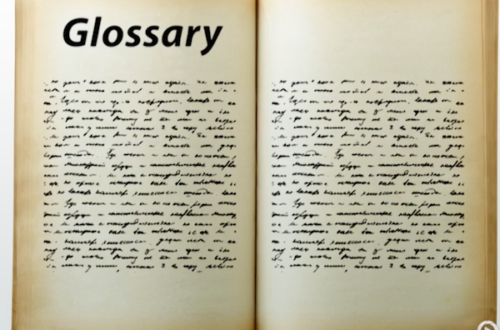When you apply to a university or college, your transcripts and test scores will show you how well you have performed academically. But it’s the personal statement that reveals who you are and your values. This post discusses how college admissions officials view personal statements. We also discuss what they are looking for and how to use yours as a reflection on what you hope to gain from your college experience.
What You belong at College
Colleges use your personal statement to learn more about you. The colleges are looking for specific information about you. They want to know how you approach problems and think.
Anecdotes or descriptions of passions can reveal a lot about your worldview and how you view it. The personal statement gives you the opportunity to express your unique voice and can help you show admissions committees how you will grow at a particular school.
Each college has its own values and is unique. My PA Resource can help a college determine if you’ll fit in their community and classrooms.
You can show that you are a strong believer and you want to give back by writing about volunteering in your local temple. You can show that you are committed to the arts by writing about your efforts to get a better spot in the orchestra. These brief narratives will help colleges to understand how you might fit into their campus.
The personal statement is also an opportunity to evaluate your worldview. These questions can help you to reflect on your own worldview and determine where you fit and which colleges would best help you develop passions.
How to choose between prompts
The Personal Statement on the Common App is limited to 650 words. There are usually seven to eight prompts per year. It can be hard to decide which one is the best to express what you wish to say.
You should already have a narrative in mind for your personal statement if you have thought about the story you want your essay to tell. Some students believe that they should find the best essay prompt and then customize their essay around it. You should think about what you would like to write and then find the prompts that allow you to do so.
You can often tell from the start which prompt is going to help you tell your best story. Don’t hesitate to act when you feel this gut reaction.
Don’t worry too much if you find it difficult to choose the right prompt. You can take a step back to reflect on what interests you most, what has shaped you and what you believe you have to offer. You can find the prompt to help you write your story when you’ve got a better idea of what story you want to tell.
Your personal statement should be honest. In writing, it’s easy to see if you have passion. Find out what motivates you and write about that.
Controversial topics
You might be passionate about a controversial subject. It’s not a debate essay. Instead, it is an opportunity to tell a college about yourself and your beliefs. You can write about any hotly debated topic, provided that your writing style reflects who you are.
You don’t have to prove your point of view is correct. However, you should try to show your character and explain how you came up with a certain viewpoint. Even if your topic is controversial, anecdotes about the past or stories about what you want to achieve are perfectly acceptable.
You should not try to convince anyone of your opinion on an issue. Instead, focus on your own journey and yourself. Your personal statement should be personal. If you focus on how you have been shaped by a highly controversial issue, you will succeed.
How to Pick the Right Passion
The personal statement, at 650 words long, is not so short you can only write about one passion. You can explore a single topic if you wish. If you want to combine different interests into one coherent story, don’t be afraid of taking on too much.
You can write an excellent essay on a single topic or you can write one about several topics that you are passionate. You may mention more than one area of interest when you try to write an essay about a single passion.
Students could begin by writing about the love they had for LEGOs as children and telling a story of all that they’ve created. The student could use this opportunity to explain how their desire to create has always led them to engineering. Then, they can use that passion to introduce their other passions.
It’s okay to include a variety of personal interests in your narrative. You don’t have to overwhelm the reader. It’s important to connect them to give the best picture of you and why this particular school would be an excellent fit.
You should gain more insight about yourself and your goals when you consider what’s important to YOU. You should feel more confident after writing your personal statement. It will help colleges better understand you.


